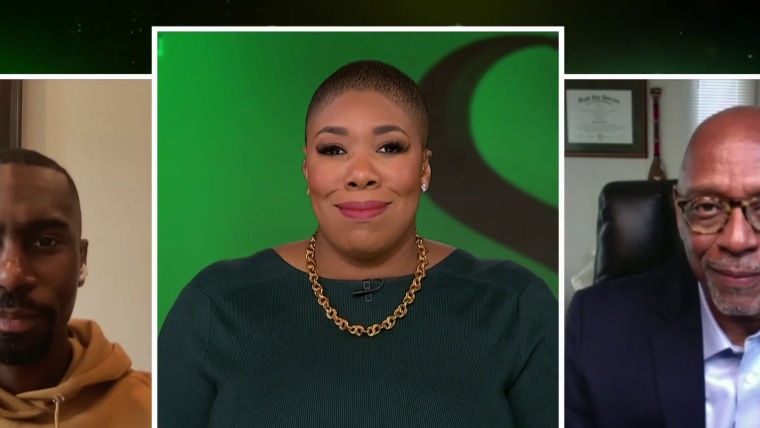Exactly two years after George Floyd's murder by a Minneapolis police officer, President Joe Biden issued an executive order Wednesday that his administration claims will “advance effective, accountable policing and strengthen public safety.”
The measure follows multiple attempts to pass criminal justice reform that were ultimately tanked by Republicans. For that reason, the order, which applies mostly to federal law enforcement agencies, is helpful but woefully insufficient, in my view.
Evidence suggests many Americans agree with me. A Gallup poll published Friday found half of Americans support “major changes” to policing, while another 39 percent say they support “minor changes.”
To me, that indicates Americans nationwide see reason for change — not just at the federal level but within the departments they encounter most often: local police. The executive order, however, can't mandate change on the local level.
That said, here are the most significant things the order will accomplish.
A database of police misconduct
The executive order mandates that the Department of Justice create a database to track incidents of misconduct committed by federal law enforcement officers. The administration said this will include records like officer convictions, “terminations, de-certifications, civil judgments, resignations and retirements while under investigation for serious misconduct, and sustained complaints or records of disciplinary actions for serious misconduct.”
Notably, the order instructs the attorney general to assess whether and how the records in the database could be made public.
Steps to prevent inequality sowed by high-tech policing tools
The order directs the National Academy of Sciences to research and report on the disparate impacts and civil rights concerns stemming from the use of high-tech tools — like facial recognition technology — used by federal law enforcement. Previous federal studies have shown that racial and gender biases, for example, are often built into the tools, contributing to unequal policing. The Biden administration said the NAS study will be used to make “necessary changes to Federal law enforcement practices.”
Improved conditions of confinement
The order instructs the attorney general to work with the secretary of the Department of Health and Human Services to develop methods to prevent the spread of Covid-19 in prisons. Since the pandemic was declared, activists and criminal justice experts have sounded the alarm on the wretched conditions and unsanitary policies in U.S. prisons, which have helped turn many prisons into superspreader sites.
The order also instructs the two agency heads to work together to publish more detailed, demographic-specific breakdowns on health data and fatality data, which could be used to root out inequality and misconduct in federal incarceration. And it instructs the attorney general to devise steps "to limit the use of restrictive housing and improve conditions of confinement, including with respect to the incarceration of women, juveniles, and persons in recovery."
Related:


